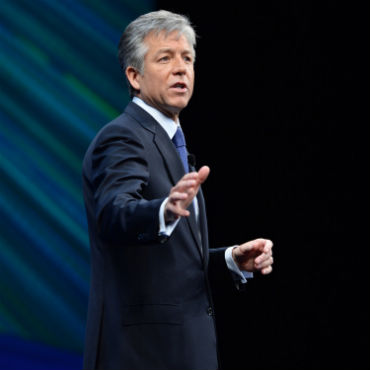Why agency jobs may be right up millennials' alley

SAP's Bill McDermott says organizations that don't adapt to younger workers are "doomed to fail" for the next 10 years.

SAP AG Co-CEO Bill McDermott (Photo: SAP AG)
Bill McDermott, the 51-year-old co-CEO of SAP AG, shared an interesting stat with attendees at the Northern Virginia Technology Council's Oct. 30 Tech Celebration banquet.
Characterizing millennials -- workers in their 20s and early 30s -- as narcissistic and not career-oriented is unfair, he argued. What they are is "mobile, social and purpose driven," he said. "Eighty-four percent would rather work for a company with a purpose, that does something that matters," than get personal recognition like "a raise or a promotion."
Greater purpose, rare raises and nearly non-existent public praise? Young people, has government got a job for you!
Kidding aside, McDermott's remarks echoed something federal CIO Steven VanRoekel said Oct. 29 at ACT-IAC's recent Executive Leadership Conference. "Impact at scale," VanRoekel said, is the number one reason to give young people asking why they should work in government.
When at Microsoft, VanRoekel said, he thought he "was at the pinnacle" of working on "big projects ... with worldwide impact. But coming to government, by orders of magnitude, outpaces that in terms of what you can do."
McDermott offered another statistic to illustrate that point -- and to show just how much impact younger workers can have. The average age of engineers working on NASA's Apollo program in the 1960s, he said, was 26. The team lead? Thirty-one.
So actively recruit millennials, McDermott urged. Give them real responsibility early, and give them freedom to experiment and fail.
"If [a project] fails, kill it," he said. "But you have to create a culture where failure is acceptable."


